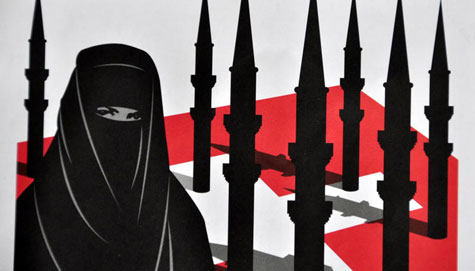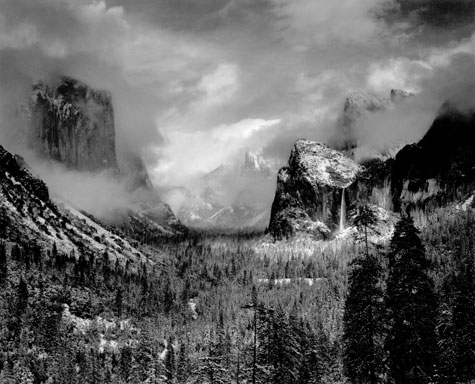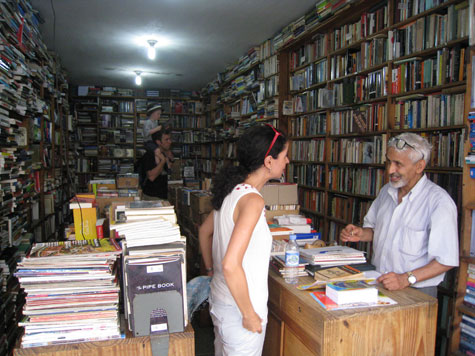‘The New Inquisition’

I have a new essay in December 14th issue of The Nation magazine, which just went up online. It’s about the spate of books that claim that Europe is headed to its demise because of its rising Muslim population, with a particular focus on the most recent exemplar, Christopher Caldwell’s Reflections on the Revolution in Europe: Immigration, Islam and the West. Here is how it begins:
At a literary festival in New York City some years ago, I was introduced to a French writer who, almost immediately after we shook hands, asked me where I was from. When the answer was “Morocco,” he put down his drink and stared at me with anthropological curiosity. We spoke about literature, of course, and discovered a common love for the work of the South African writer J.M. Coetzee, but before long the conversation had turned to Moroccan writers, then to Moroccan writers in France, and then, as I expected it eventually would, to Moroccan immigrants in France–at which point the French writer declared, “If they were all like you, there wouldn’t be a problem.”
His tone suggested he was paying me some sort of compliment, though I found it odd that he would want the 1 million Moroccans in his country to be carbon copies of someone he had barely met and whose views on immigration–had he asked about them–he might not have found quite to his liking. It was only later, when I had returned to my hotel room, that it dawned on me that the profile of the unproblematic Moroccan immigrant he might have had in mind was based solely on conspicuous things. Some of these, like skin color, were purely accidental; others, like sartorial choices or dietary practices, were in my opinion inessential, but from his vantage point perhaps they suggested a smaller degree of “Muslimness.”
Was this man really suggesting that I was a more desirable immigrant because I did not look Muslim? We had started our conversation as two equals, two potential friends, two writers discussing literature, but we had ended it as judge and supplicant–the former telling the latter whether or not she would make a suitable immigrant. And why on earth did I not say something on the spot? Why did I not ask him what he meant? Instead, I had stared back at him with what I imagine was dumbfounded perplexity, and then changed the subject. Perhaps if I had confronted him I would have been able to remove the sting of the insult that had lain hidden inside the compliment.
You can read the essay, in full, here. The picture above is from an election poster by the Swiss People’s Party, which recently led a campaign to ban the construction of minarets in Switzerland. In a referendum held yesterday, the Swiss people approved the proposed law. It is now set to become part of the Swiss constitution.


